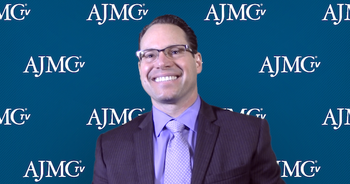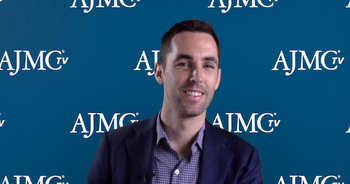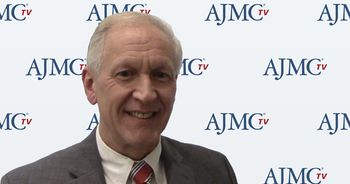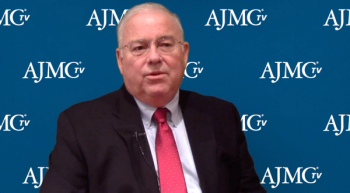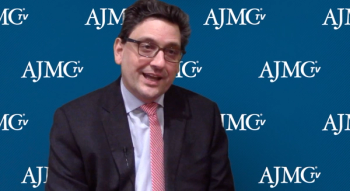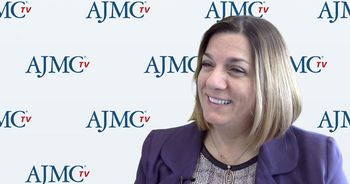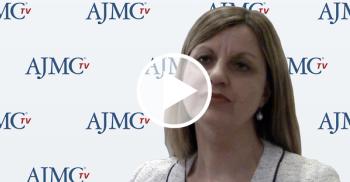
In the last 2 decades, the cost of healthcare has risen, but the expectations of self-management for people with diabetes has stayed the same, which has made it more challenging to live with the disease, said Kellie Rodriguez, RN, MSN, MBA, CDE, director, Global Diabetes Program, Parkland Health & Hospital System.
